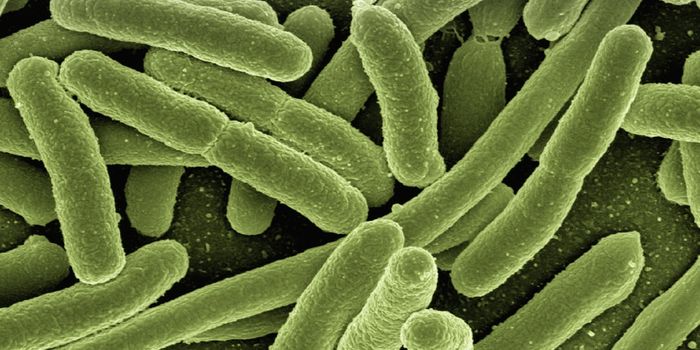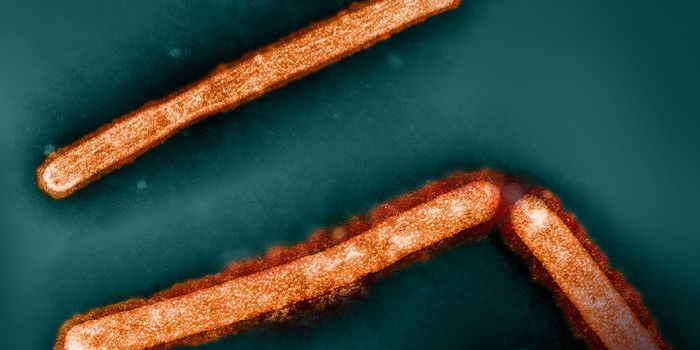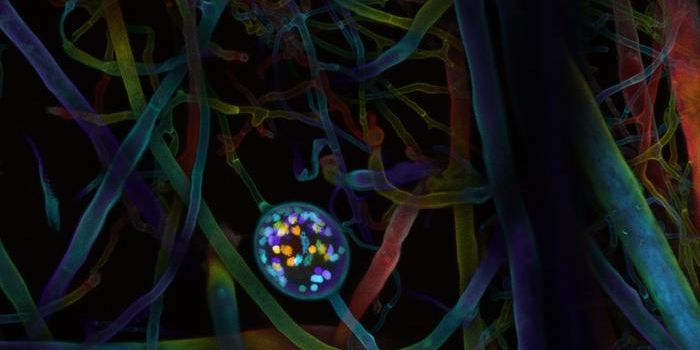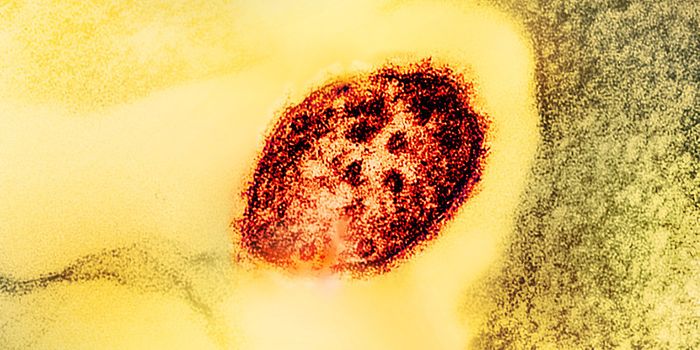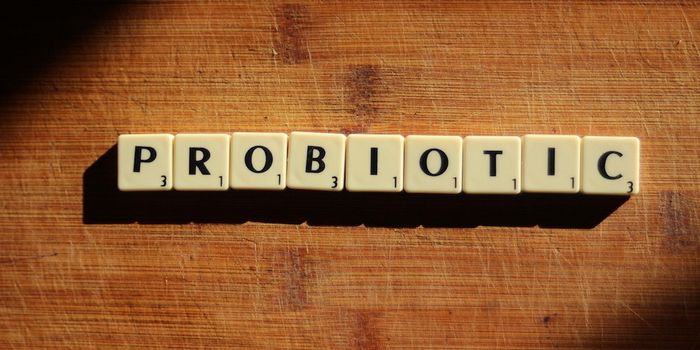For nearly twenty years, people have been living on the International Space Station for various periods of time; some have lived onboard for hundreds of days. With these lengthy trips and the potential of future missions to Mars, there are good reasons to assess the impact of space travel on human health. Recent work has found that space can affect gene expression in humans and bacterial behaviors. Scientists at NASA have now determined that herpes viruses can reactivate in space; they did so in over half the crew members onboard International Space Station and space shuttle missions. Only some of those crew members actually had symptoms, but the rate of viral reactivation went up as the length of spaceflight increased. The work has been reported in Frontiers in Microbiology.
"NASA astronauts endure weeks or even months exposed to microgravity and cosmic radiation - not to mention the extreme G forces of take-off and re-entry," said the senior author of the work Dr. Satish K. Mehta of KBR Wyle at the Johnson Space Center. "This physical challenge is compounded by more familiar stressors like social separation, confinement, and an altered sleep-wake cycle."
Because it’s possible for the herpes virus to become active again in immunocompromised astronauts, they may present a serious risk to lengthy missions, such as to Mars. NASA is creating tools to detect viruses rapidly, and therapeutics to treat them. That could benefit not only astronauts, but also people on Earth with weakened immune systems.
In this study, the researchers assessed biological samples collected from astronauts before, during and after a trip to space. They found that biological markers of stress went up, which gives dormant viruses a chance to come alive.
“During spaceflight, there is a rise in secretion of stress hormones like cortisol and adrenaline, which are known to suppress the immune system. In keeping with this, we find that astronaut's immune cells - particularly those that normally suppress and eliminate viruses - become less effective during spaceflight and sometimes for up to 60 days after,” said Mehta.
“To date, 47 out of 89 (53%) astronauts on short space shuttle flights, and 14 out of 23 (61%) on longer ISS missions shed herpes viruses in their saliva or urine samples. These frequencies, as well as the quantity of viral shedding, are markedly higher than in samples from before or after flight, or from matched healthy controls."
Half the known human herpes viruses could be detected in the samples, including chickenpox and shingles (VZV) and oral and genital herpes (HSV). Few symptoms were exhibited. “Only six astronauts developed any symptoms due to viral reactivation,” said Mehta. “All were minor.”
Learn more about the various types of herpes viruses from the video above by Albert Einstein College of Medicine.
It does present a danger, however, to uninfected contacts back on Earth, especially immunocompromised infants. “Infectious VZV and CMV were shed in body fluids up to 30 days following return from the International Space Station,” Mehta explained.
It could also be an issue for longer space missions. Viral reactivation could become a health issue for astronauts and whoever they come into contact with. “The magnitude, frequency, and duration of viral shedding all increase with length of spaceflight.”
It’s essential to find a way to counteract this viral reactivation if deep-space missions are to be successful, suggested Mehta. "The ideal countermeasure is vaccination for astronauts - but this is so far available only against VZV."
"Trials of other herpes virus vaccines show little promise, so our present focus is on developing targeted treatment regimens for individuals suffering the consequences of viral reactivation. This research has tremendous clinical relevance for patients on Earth too. Already, our spaceflight-developed technologies for rapid viral detection in saliva have been employed in clinics and hospitals around the world."
The video above discusses the special challenges that arise when someone gets sick in space.
Sources: AAAS/Eurekalert! Via Frontiers, Frontiers in Microbiology


